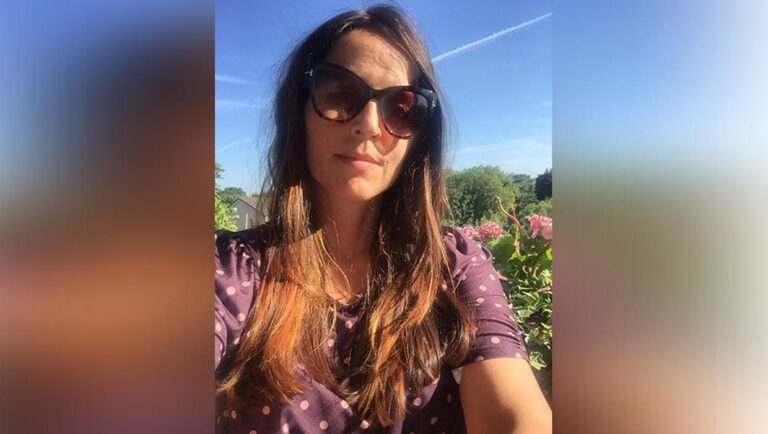[ad_1]

A Dublin woman, who has several medical conditions, told today how a “tool box” of coping strategies has transformed her life.
athy Carroll from Glasnevin was in her 20s and working as a teacher, a job she loved, when she developed the first of a series of chronic health conditions.
“I was a healthy person in my 20s when life changed drastically for me,“ she told the gathering at the annual St Luke’s Symposium organised by the Royal College of Physicians today.
“I went from having normal energy to having debilitating fatigue and having a lot of problems. I felt something was off and not right.
“I was initially diagnosed with pernicious anaemia, and I thought I could take injections and iron. But it got progressively worse. I was then diagnosed with Hashimoto’s thyroiditis, an autoimmune condition which affects the thyroid.
“It is like feeling sick in the car. I was still teaching but picking up every infection and then I would get a myalgia afterwards, a post-viral syndrome.
“My immune system became less and less forgiving. I was back and forth to different specialists and then diagnosed with other conditions including a musculoskeletal disorder and chronic fatigue syndrome, as well as fibromyalgia. Later on, I was diagnosed with microscopic colitis, PCOS (polycystic ovary syndrome) and Lyme disease.”
She added: “It was a difficult time. The doctors suggested working part time but I wanted to keep going but I would need to sleep all weekend.
“Unfortunately my body made the decision for me. I was not being very kind to myself. I don’t know how I actually managed. I stopped nearly four years ago.
“I adored teaching. It was a very difficult decision.”
Ms Carroll said it is quite common that autoimmune conditions happen in clusters.
She pointed out she has neurological damage in her legs and hips, and these weakest areas are normally hit first.
To make matters worse, she then contracted Covid-19 and developed long-Covid.
“I struggled with my identity and wondered who am I anymore. These conditions are invisible and if you have a broken arm or leg people can respond.”
She said: ”I could have one good day and weeks that were dreadful. I found that very hard. I genuinely felt I was trapped in the wrong body. I had to cancel plans which was not me and I really struggled with that.”
We were urged to challenge our negative thoughts
She said: “I did not want to accept my body compared to what it was before.”
However, the “light bulb” moment came when she discovered the HSE’s free Living Well programme.
Ms Carroll, who was addressing a session on living with a long-term condition, said it was a life-changing moment. “I was online and on screen in a virtual room with others living with chronic conditions,” she added.
She said her focus changed from “all the things I cannot do to what I can do”, adding that the epiphany had “a huge effect on my mindset”.
Ms Carroll said she gradually shifted the inner-critic focus. “One of the things we did was action planning. Every week you would pick a task and something you wanted to achieve. There were certain tasks I could not do,” she said.
“It could be something like taking a walk in the garden. That is a small sound-bite of the programme. “
There are 12 tools in the self-management tool box. You are asked to try them out for two weeks before deciding what you like.
“We learned things like communication – letting people know your needs or communicate better with your healthcare team. Also how to communicate with ourselves. I was not very kind to myself,” she added.
“We were urged to challenge our negative thoughts.”
Ms Carroll is now a facilitator on the programme. It is essential that someone who is a facilitator has suffered from a chronic condition.
“It has given me a purpose and it is very fulfilling to help others,” she said.
Details of the Living Well programme are on hse.ie
[ad_2]
Source link

